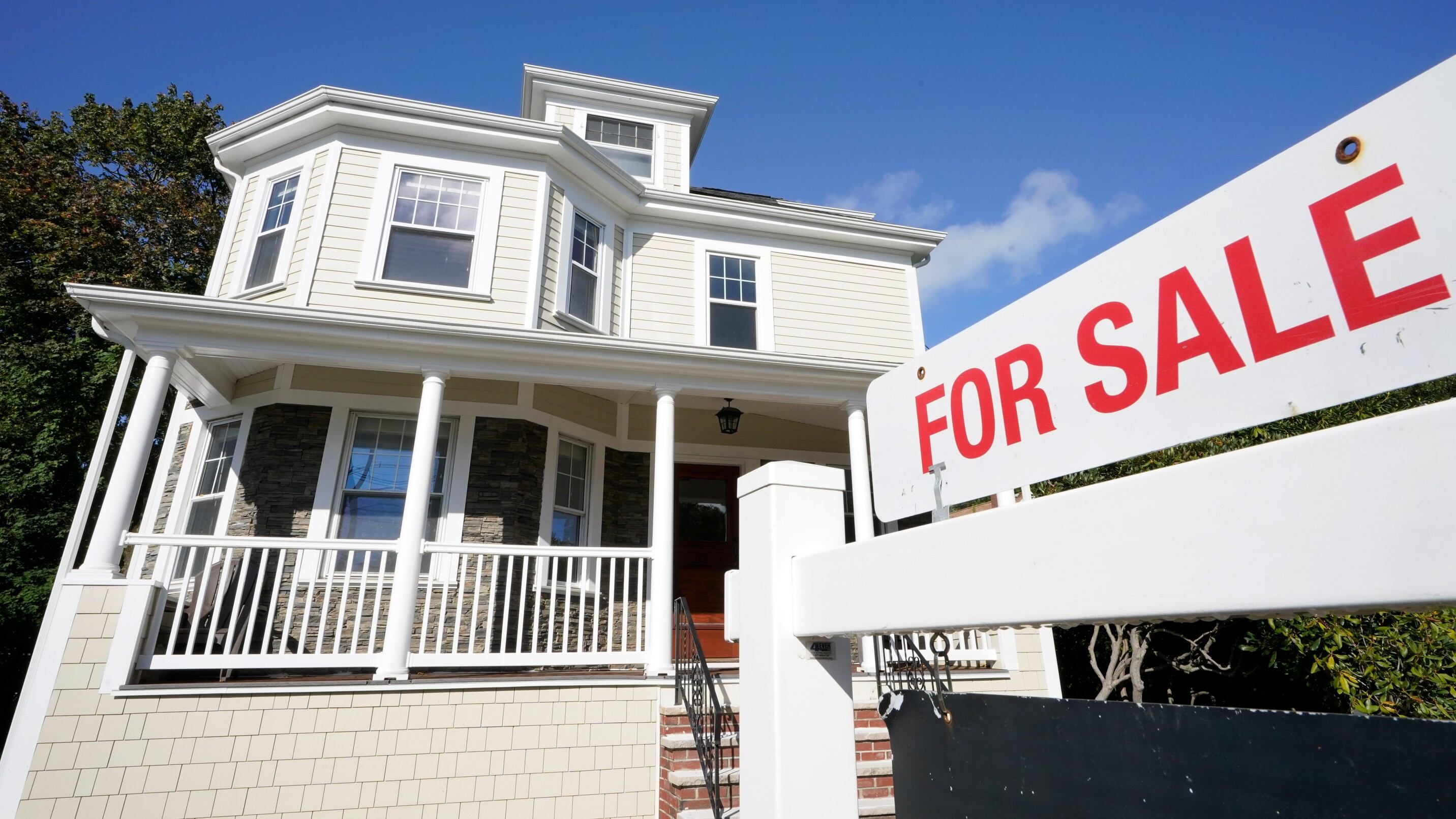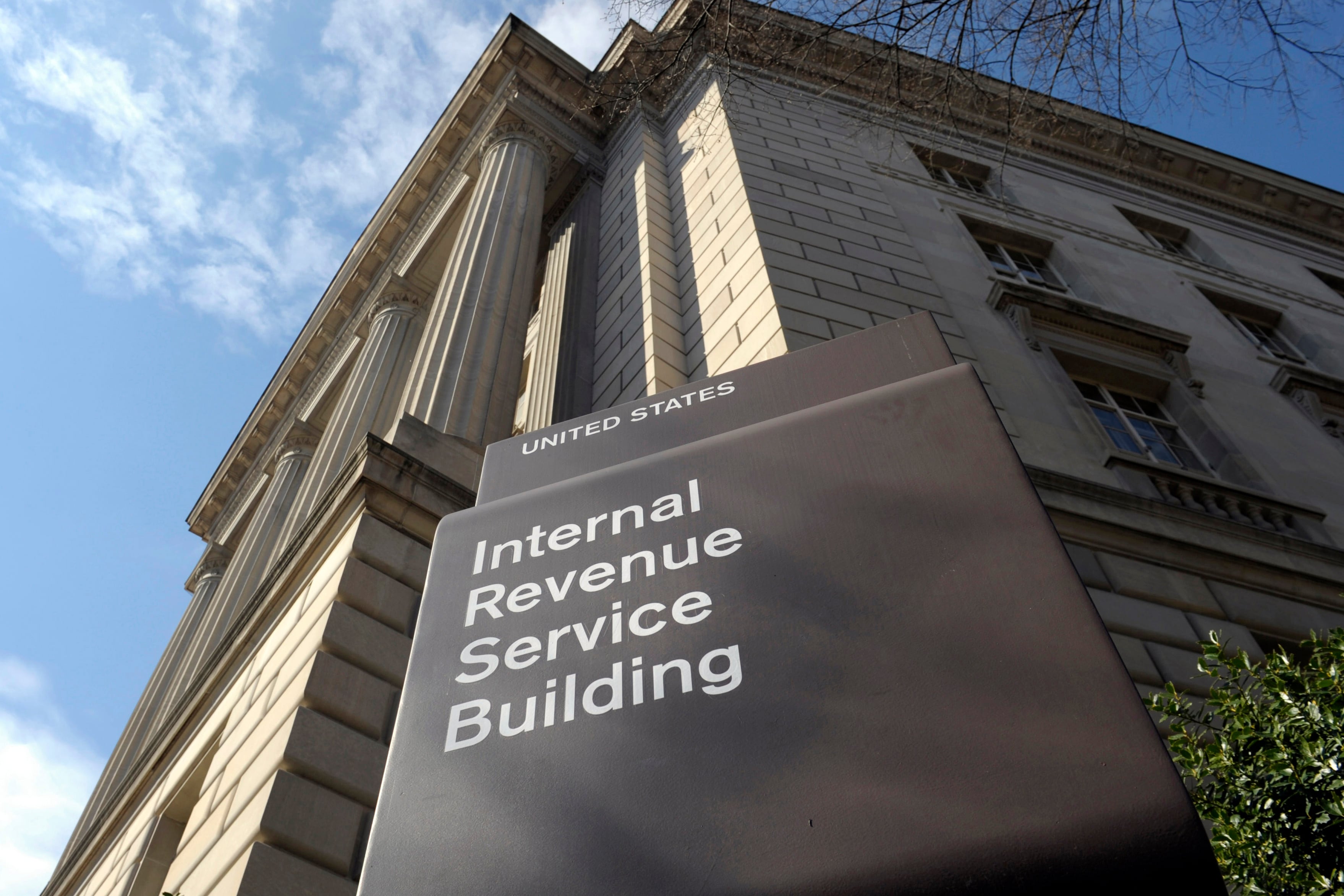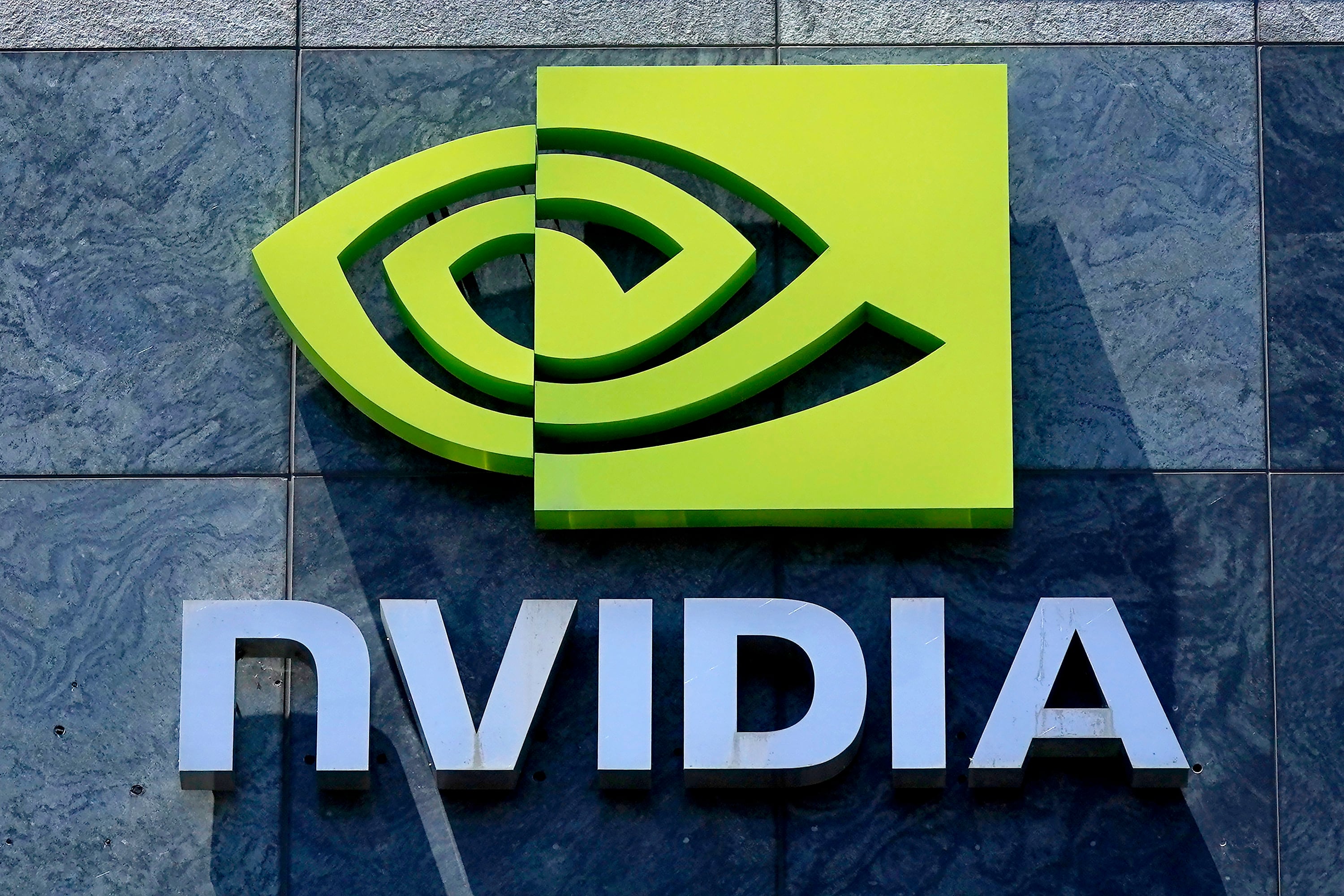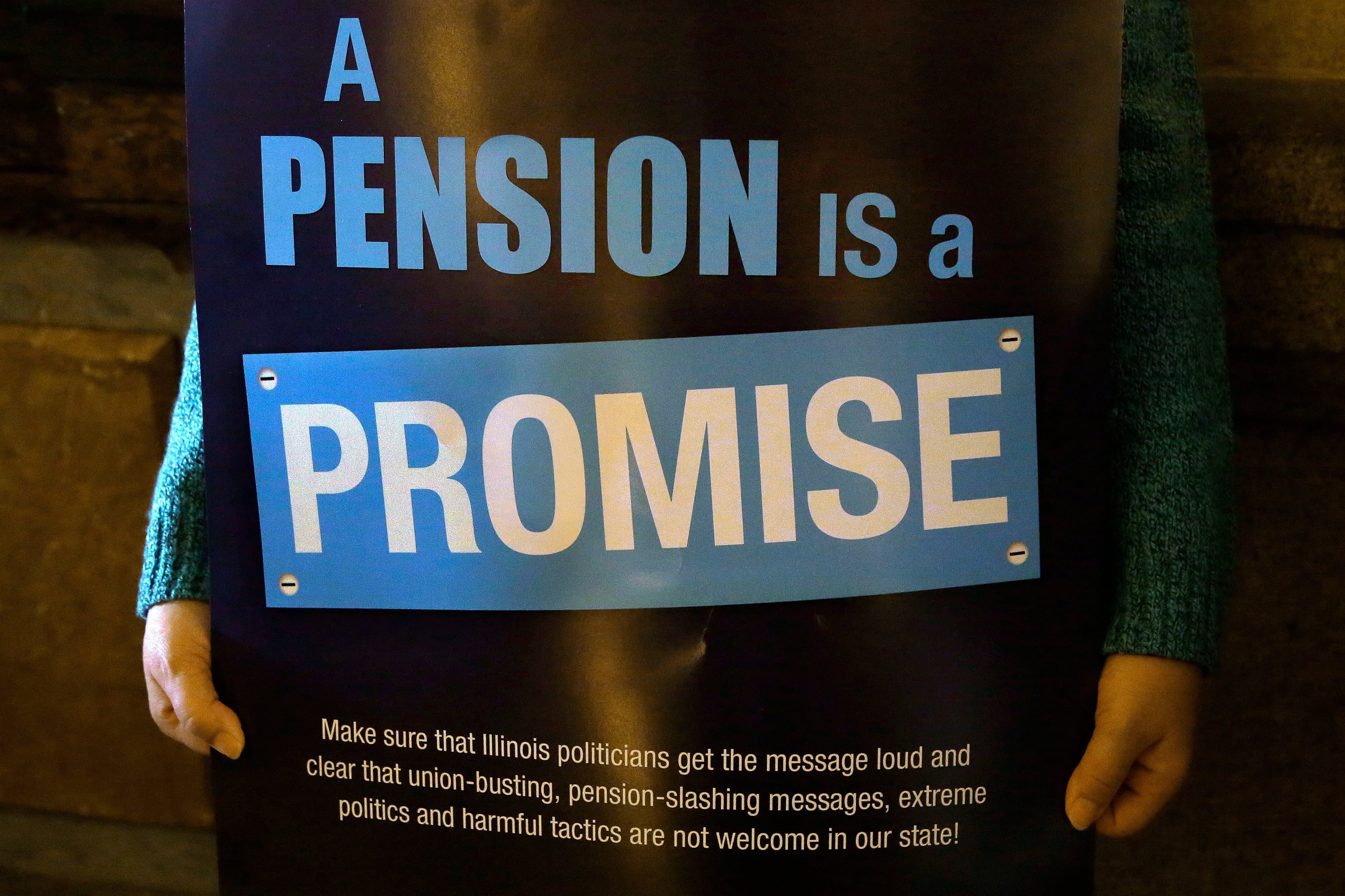By Alex Veiga
The cost of financing a home surged again this week as the average long-term U.S. mortgage rate climbed to its highest level since December 2000, further dimming the affordability outlook for many would-be homebuyers.
The average rate on the benchmark 30-year home loan rose to 7.49% from 7.31% last week, mortgage buyer Freddie Mac said Thursday. A year ago, the rate averaged 6.66%.
Borrowing costs on 15-year fixed-rate mortgages, popular with homeowners refinancing their home loan, also increased. The average rate rose to 6.78% from 6.72% last week. A year ago, it averaged 5.90%, Freddie Mac said.
High rates can add hundreds of dollars a month in costs for borrowers, limiting how much they can afford in a market already out of reach for many Americans. They also discourage homeowners who locked in rock-bottom rates two years ago from selling. The average rate on a 30-year mortgage is now more than double what it was two years ago, when it was just 2.99%.
The combination of elevated rates and low home inventory has worsened the affordability crunch by keeping home prices near all-time highs even as sales of previously occupied U.S. homes have fallen 21% through the first eight months of this year versus the same stretch in 2022.
Home loan applications fell to the lowest level since 1995 last week, according to the Mortgage Bankers Association. At the same time, the median monthly payment listed on home loan applications has been rising. It was $2,170 in August, up 18% from a year earlier.
“Several factors, including shifts in inflation, the job market and uncertainty around the Federal Reserve’s next move, are contributing to the highest mortgage rates in a generation,” said Sam Khater, Freddie Mac’s chief economist. “Unsurprisingly, this is pulling back homebuyer demand.”
This is the fourth consecutive week that mortgage rates have moved higher. The weekly average rate on a 30-year mortgage has remained above 7% since mid-August and is now at the highest level since Dec. 8, 2000, when it averaged 7.54%.
Mortgage rates have been climbing along with the 10-year Treasury yield, which lenders use as a guide to pricing loans. The yield has surged in recent weeks amid worries that the Federal Reserve is likely to keep its main interest rate at a high level for a long time in its bid to lower inflation.
The central bank has already pulled its main interest rate to the highest level since 2001 in hopes of extinguishing high inflation, and it indicated last month it may cut rates by less next year than earlier expected.
The threat of higher rates for longer has pushed Treasury yields to heights unseen in more than a decade. On Tuesday, the yield on the 10-year Treasury jumped to 4.80%, its highest level since 2007. It has since eased back and was at 4.71% in midday trading Thursday. It was at roughly 3.50% in May and just 0.50% early in the pandemic.
“The gap between the yield on the 10-year Treasury and the rate on a 30-year fixed rate mortgage has been around 3 percentage points, so as the Treasury yield approaches 5%, an 8% mortgage rate does not seem unlikely,” said Lisa Sturtevant, chief economist at Bright MLS.
While mortgage rates don’t necessarily mirror the Fed’s rate increases, they tend to track the yield on the 10-year Treasury note. Investors’ expectations for future inflation, global demand for U.S. Treasurys and what the Fed does with interest rates can influence rates on home loans.













